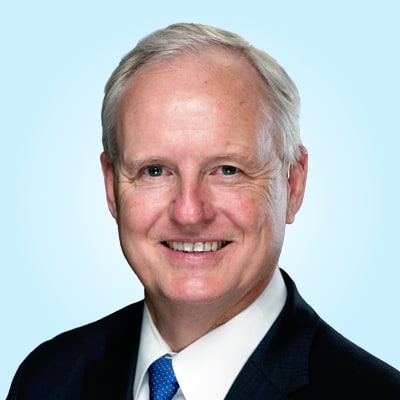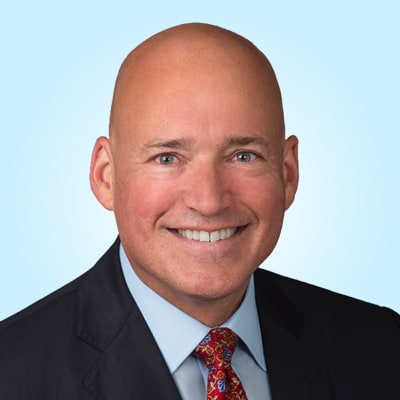Greg Siskind will provide an overview of ethical rules governing a lawyer’s use of generative artificial intelligence as well as other potential sources of liability including state and federal laws, court rules, and malpractice claims. He will also discuss how to get the most use out of generative AI products including providing tips on creating prompts, how to shop for AI tools, and how to talk to your clients about your use of this new technology.
- Overview of Ethical Rules Governing a Lawyer’s Use of Generative Artificial Intelligence
- Ethics compliance
- Rules 1.1, 1.3, 1.4, 1.5, 1.6, 1.7, 1.18, 3.3, 5.1-5.3, 5.4, 5.5
- Malpractice insurance carriers
- Court rules
- Regulatory oversight
- Discussion of Additional Potential Sources of Liability
- State and federal laws
- Court rules
- Malpractice claims
- Tips for Maximizing the Use of Generative AI Products
- Creating effective prompts
- Shopping for AI tools
- Communicating with clients about the use of generative AI
- Questions & Answers
This webinar is divided into section summaries, which you can scan for key points and then dive into the sections that interest you the most.
Please note this AI-generated summary provides a general overview of the webinar but may not capture all details, nuances, or the exact words of the speaker. For complete accuracy, please refer to the original webinar recording.
*CLE credit is only available to Justia Connect Pros. Not a Pro? Upgrade today>>
Status: Approved
Credits: 1.00 Legal Ethics
Earn Credit Until: June 30, 2026
Status: Approved
Credits: 1.00 Ethics
Earn Credit Until: February 28, 2026
Status: Approved
Credits: 1.00 Legal Ethics/Professional Responsibility
Difficulty: All Levels
Earn Credit Until: December 31, 2025
Status: Approved
Credits: 1.00 Legal Ethics/Professional Responsibility
Earn Credit Until: November 30, 2025
This presentation is approved for one hour of Legal Ethics CLE credit in California, one hour of Ethics CLE credit in North Carolina, and one hour of Legal Ethics/Professional Responsibility CLE credit in South Carolina (all levels). This course has been approved for Minimum Continuing Legal Education credit by the State Bar of Texas Committee on MCLE in the amount of 1.00 credit hours, of which 1.00 credit hours will apply to Legal Ethics/Professional Responsibility credit.
Justia only reports attendance in jurisdictions in which a particular Justia CLE Webinar is officially accredited. Lawyers may need to self-submit their certificates for CLE credit in jurisdictions not listed above.
Note that CLE credit, including partial credit, cannot be earned outside of the relevant accreditation period. To earn credit for a course, a lawyer must watch the entire course within the relevant accreditation period. Lawyers who have viewed a presentation multiple times may not be able to claim credit in their jurisdiction more than once. Justia reserves the right, at its discretion, to grant an attendee partial or no credit, in accordance with viewing duration and other methods of verifying course completion.
At this time, Justia only offers CLE courses officially accredited in certain states. Lawyers may generate a generic attendance certificate to self-submit credit in their own jurisdiction, but Justia does not guarantee that lawyers will receive their desired CLE credit through the self-submission or reciprocity process.

Siskind Susser, PC
Greg Siskind is a founding partner of Siskind Susser and has been practicing immigration law since 1990. He is also a co-founder of AI software company Visalaw Ventures. He received his bachelor’s degree from Vanderbilt University and his law degree from the University of Chicago. Read More ›



